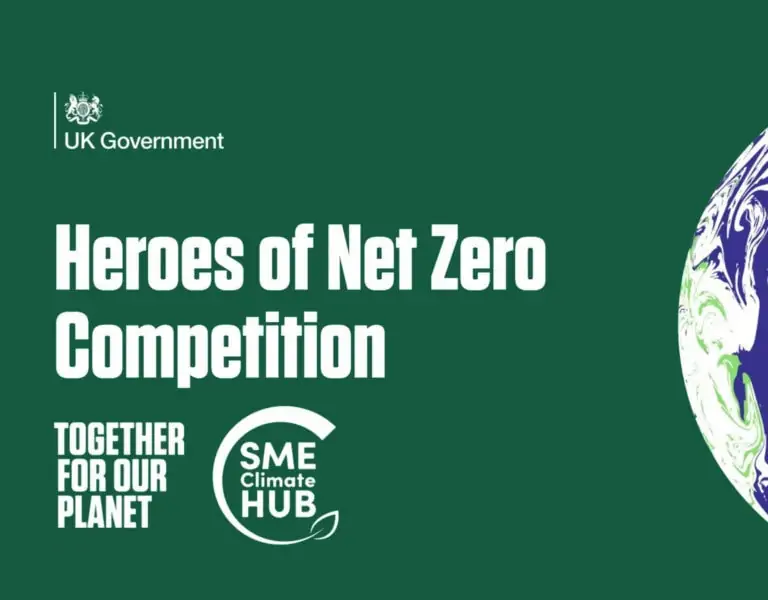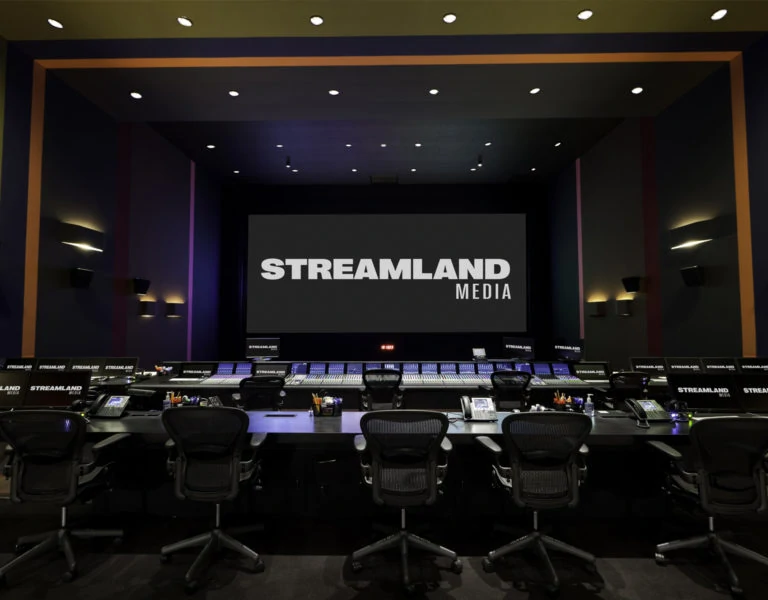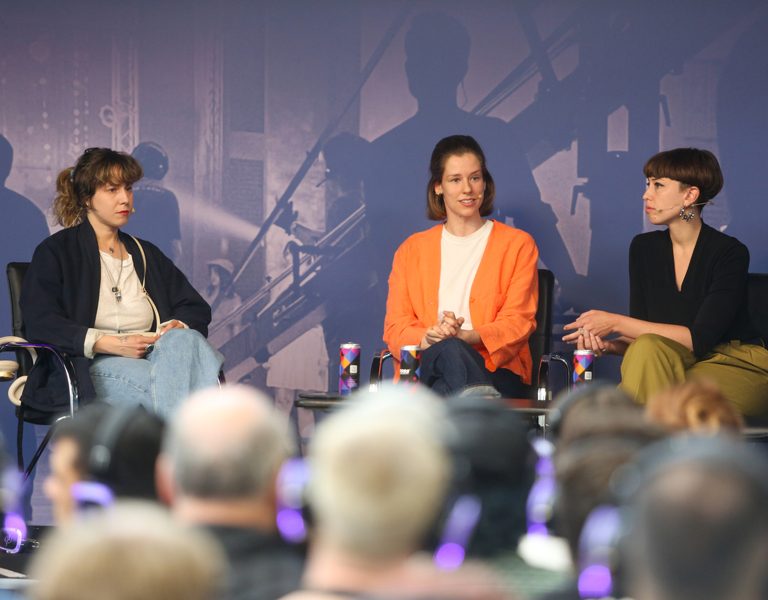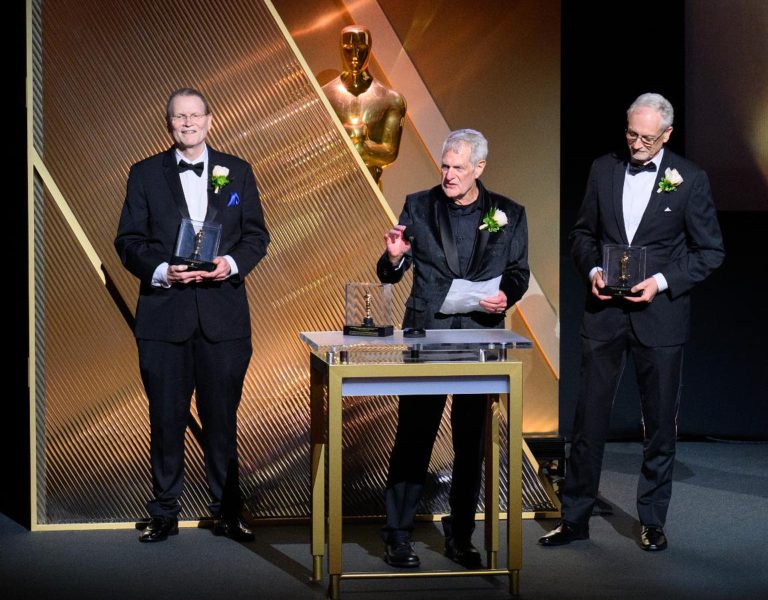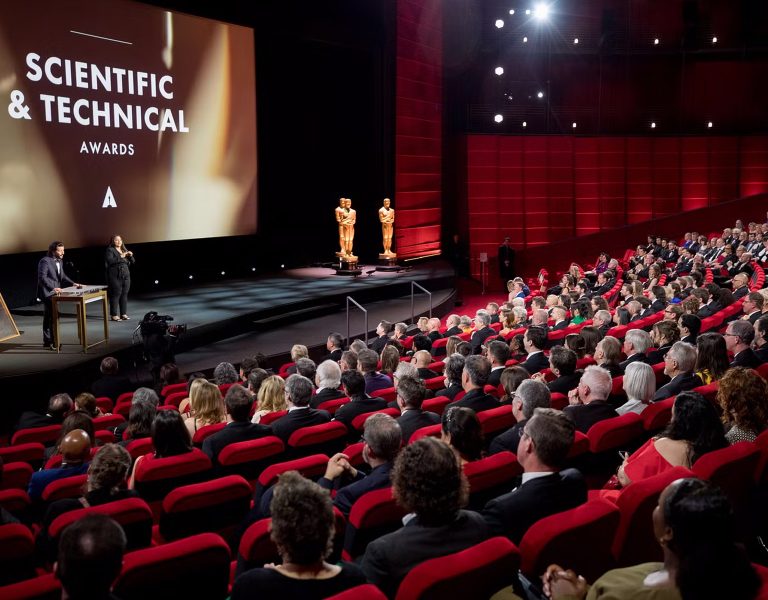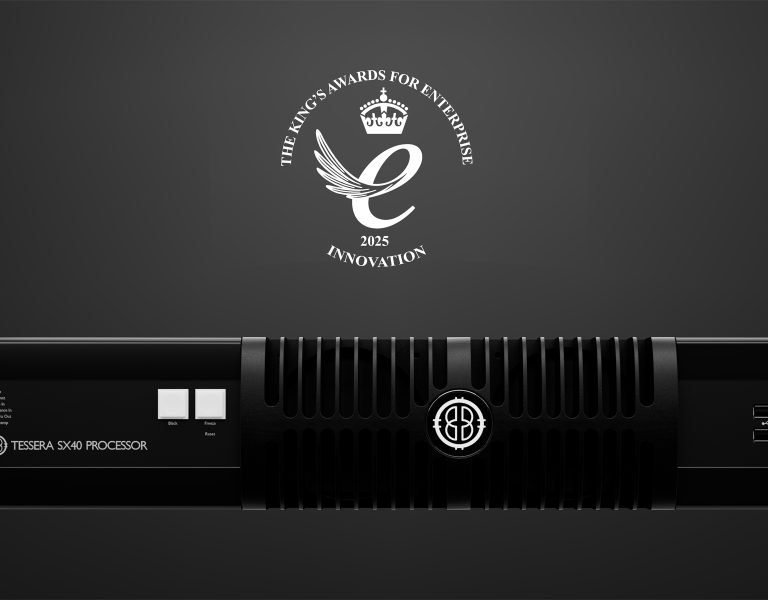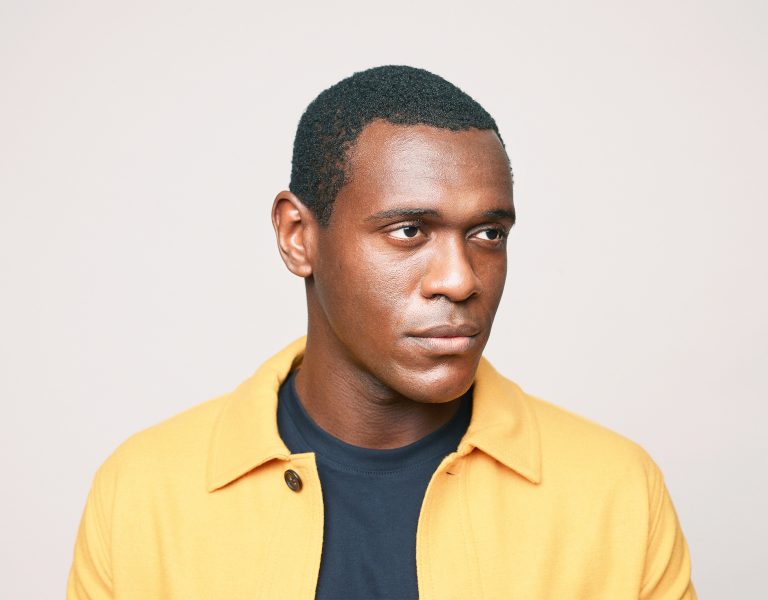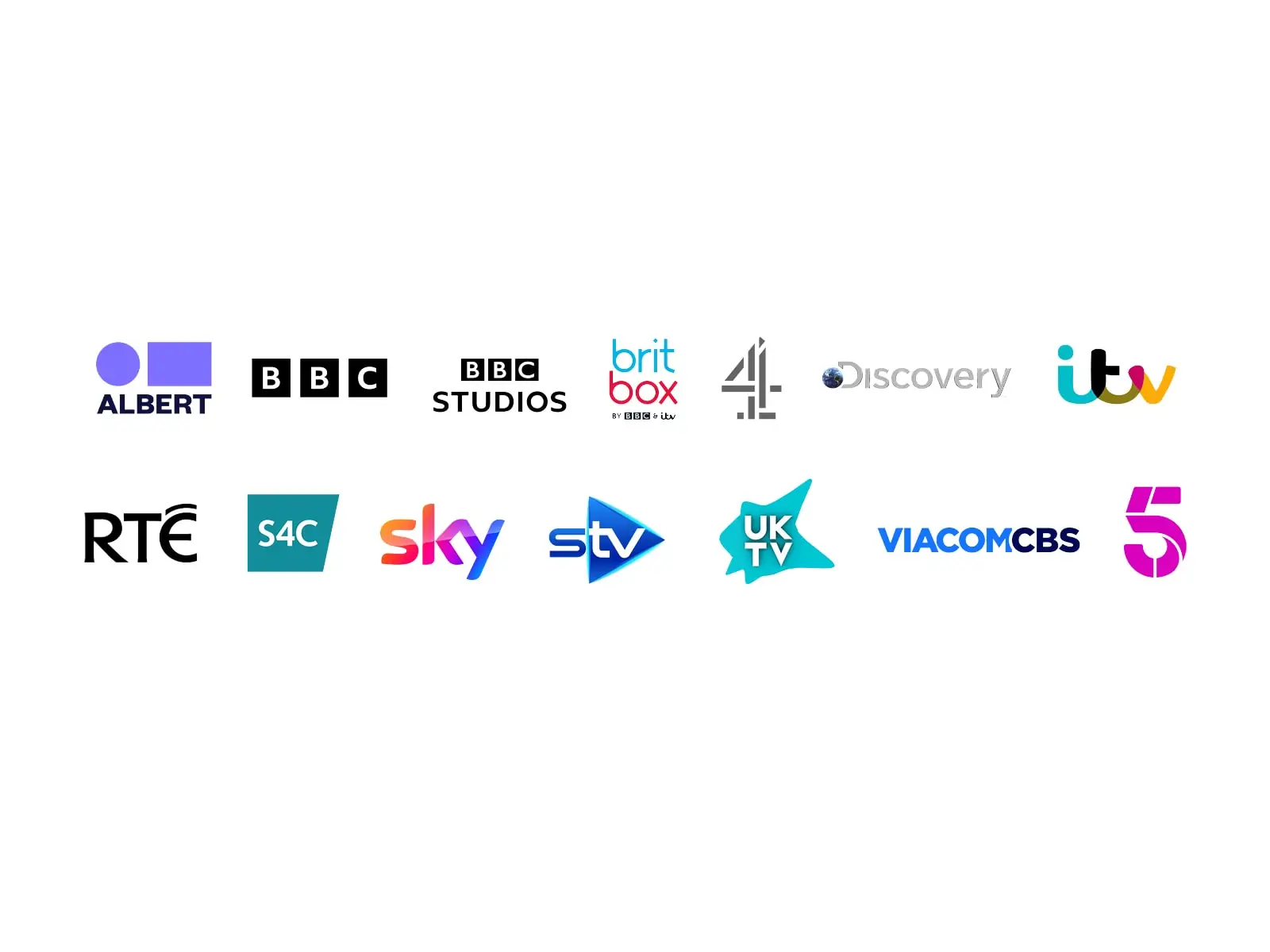
The CEOs of the UK’s largest media brands will gather at the COP26 climate conference in Glasgow to issue a rallying cry to the global industry to do more and better climate storytelling on screen across all genres.
In an industry first, 12 broadcasters and streamers have signed up to The Climate Content Pledge1. The signatories – who represent over 70% of time UK audiences spend watching TV and film2 – are committing to using their content to help audiences understand what tackling climate change might mean for them, as well as inspire and inform sustainable choices.
At this morning’s panel, the CEOs of the BBC, Channel 4, ITV, Sky and STV will tell industry executives that content must reflect the realities of climate change to remain relevant and to continue to appeal to audiences.
Recent polling from Ipsos MORI revealed that in August, climate change was the second-biggest concern in the UK – second only to COVID and higher than the economy, NHS or education3.
The CEOs will highlight how TV and film have a unique role in helping audiences understand the solutions to tackle climate change and the choices to consider on the path to Net Zero, adding that it is the industry’s responsibility to rise to that challenge.
The media has a proven track record in raising awareness of societal issues and inspiring action. From a 17% rise in calls to women’s refuges during Helen Archer’s domestic abuse storyline in The Archers4, to HIV test rates doubling after Channel 4’s It’s a Sin5; and from calls to mental health helplines rising sharply as a result of the Britain Get Talking campaign on ITV6, to tackling drink driving with the concept of a ‘designated driver’ in Cheers7, and Sky’s Ocean Rescue campaign inspiring 50 million people to reduce their usage of single-use plastics8, the broadcast industry has used its creativity to embed solutions in a way that can work for a broad audience. This pledge builds on that proud tradition.
The Climate Content Pledge has been convened by albert, the screen industry organisation for environmental sustainability. For the past decade, albert has helped the production industry reduce environmental impacts and create content that helps audiences understand what a sustainable future might look like. Broadcasters, streamers and studios are already reducing the carbon emissions from production, and many are developing science-based Net Zero plans.
The panel assembled will outline how The Climate Content Pledge will build on the cross-industry collaboration facilitated by albert and the work that broadcasters have already been doing individually. They will discuss what it will take for the industry to help audiences navigate climate change, and explain what the Pledge means for them professionally.
